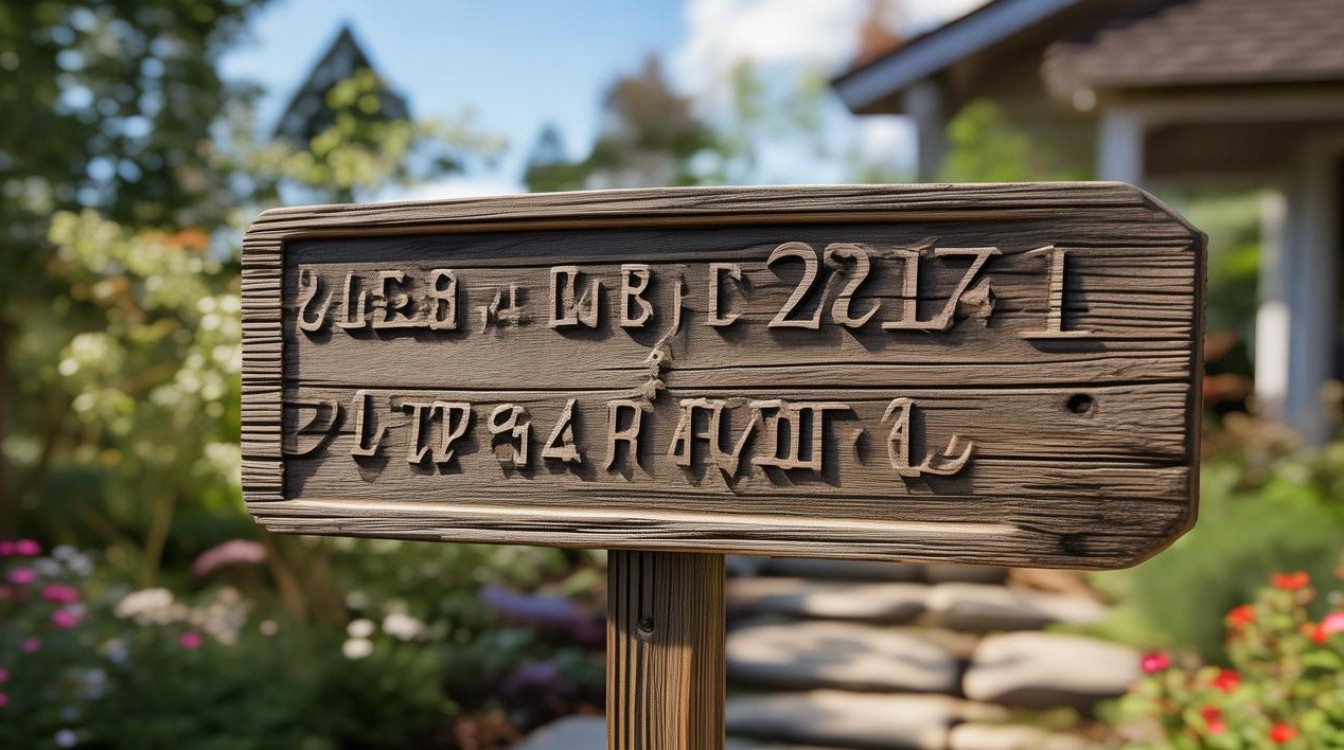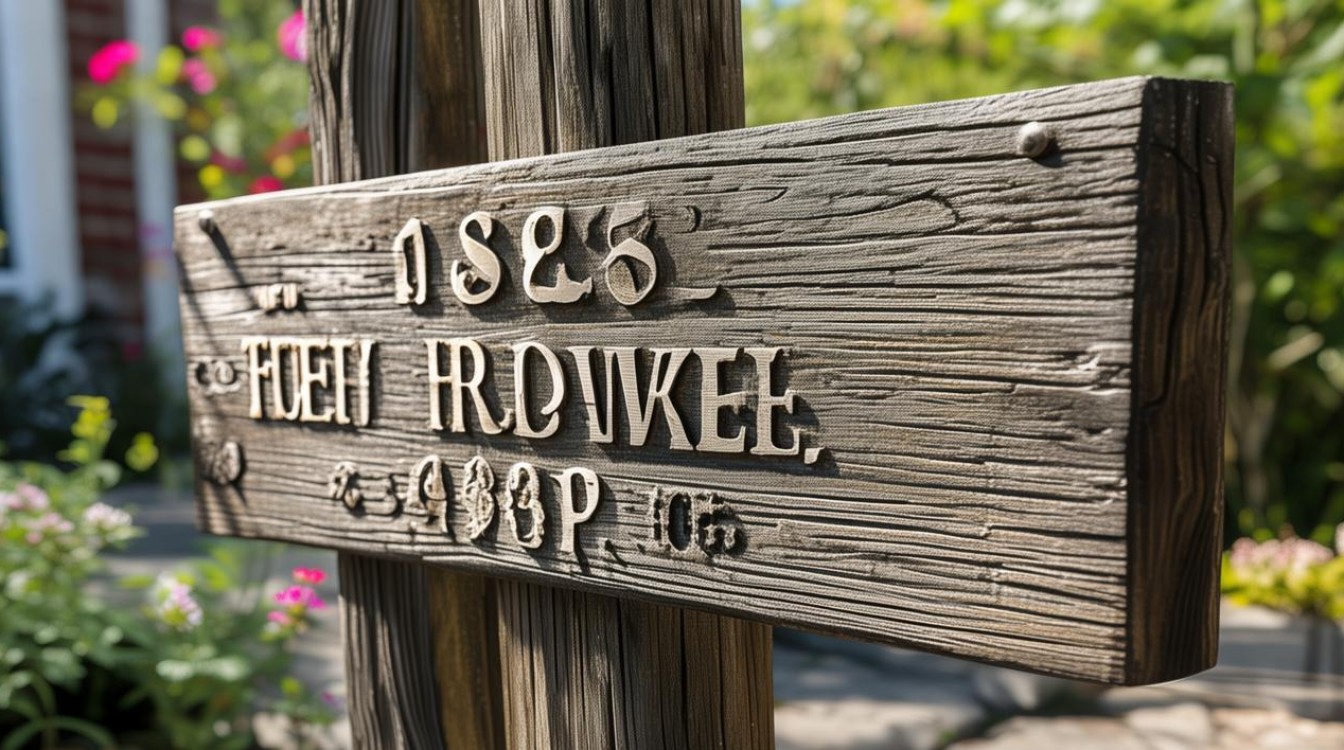When filling out forms, ordering packages, or navigating a new city, knowing how to write a home address in English is essential. Whether you're a student, traveler, or professional, mastering these terms ensures clarity and accuracy. This guide covers the key vocabulary and formats used in English-speaking countries.

Basic Components of a Home Address
A standard address includes several elements, each serving a specific purpose:
- House/Building Number: The numeric identifier for a residence (e.g., 25).
- Street Name: The official name of the road (e.g., Maple Street).
- Apartment/Unit Number: For multi-unit buildings (e.g., Apt 3B).
- City/Town: The local municipality (e.g., Boston).
- State/Province: Regional divisions (e.g., California or Ontario).
- Postal/ZIP Code: The numerical code for mail sorting (e.g., 90210 in the U.S.).
- Country: Required for international mail (e.g., United States).
Example:
25 Maple Street, Apt 3B, Boston, MA 02108, United States
Common Address-Related Terms
Expand your vocabulary with these frequently used words:

- Alley: A narrow street, often behind buildings.
- Boulevard (Blvd): A wide, multi-lane road.
- Crescent (Cres): A curved street, typically shaped like a crescent moon.
- Drive (Dr): A winding road, often in residential areas.
- Highway (Hwy): A major public road connecting cities.
- Lane (Ln): A small road, usually in rural areas.
- Parkway (Pkwy): A scenic road, often with greenery.
- Square (Sq): An open public area or the streets surrounding it.
- Terrace (Ter): A raised or tiered street.
Regional Variations
Address formats differ across English-speaking countries:
United States
- Uses "ZIP codes" (5 or 9 digits).
- States are abbreviated (e.g., CA for California).
- Example: 1600 Pennsylvania Ave NW, Washington, DC 20500
United Kingdom
- Includes a postal town and county (optional).
- Postcodes are alphanumeric (e.g., SW1A 1AA).
- Example: 10 Downing Street, London, SW1A 2AA
Canada
- Uses postal codes with letters and numbers (e.g., M5V 3L9).
- Example: 123 Yonge Street, Toronto, ON M5B 2H1
Australia
- Postcodes are 4 digits.
- Example: 1 Macquarie Street, Sydney, NSW 2000
Writing Addresses Correctly
Follow these rules to avoid errors:
- Abbreviate Wisely: Use standard abbreviations (e.g., St for Street, Apt for Apartment).
- Commas Matter: Separate elements with commas for readability.
- Capitalize Properly: Capitalize street names, cities, and other key terms.
- No Symbols: Avoid symbols like "#" for unit numbers—write Apt 5, not #5.
Special Cases
- Rural Addresses: May use landmarks (e.g., Farmhouse near Oak Tree, Route 2).
- Military Addresses: Follow specific formats with unit numbers and APO/FPO codes.
- PO Boxes: Replace the street address with PO Box [number].
Why Accuracy Matters
Incorrect addresses lead to delayed mail, failed deliveries, or even legal issues. For businesses, errors can harm customer trust. Double-check:

- Spellings of street names.
- Postal codes against official databases.
- Recipient’s name (e.g., Mr. vs. Dr.).
Practical Tips for Learners
- Practice writing your own address in English.
- Use online tools like Google Maps to verify formats.
- Memorize common terms like Avenue or Lane to build fluency.
Understanding address vocabulary simplifies daily tasks, from online shopping to travel planning. With this guide, you’re equipped to navigate English-speaking systems confidently.
Clear communication starts with precise details—mastering these terms ensures you’re always understood.


